Russian nuclear site fuels controversy
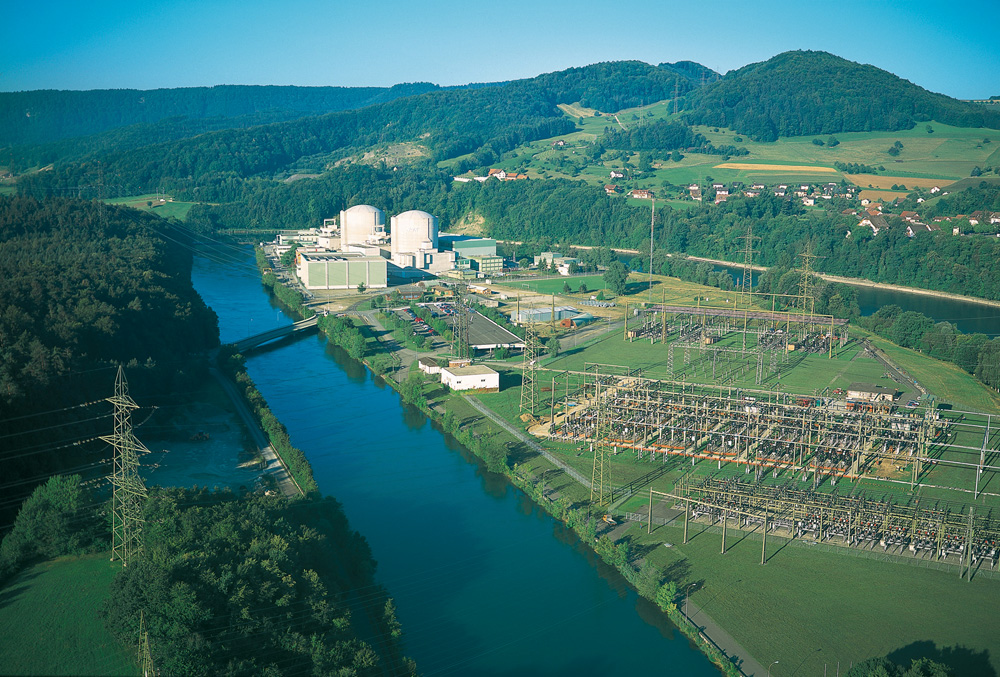
One of Switzerland’s leading energy utilities, Axpo, has announced that it is suspending uranium imports from the controversial Mayak processing plant in Russia.
The Mayak plant in the Urals – on the border between Europe and Asia – has long been in the sights of environmentalists such as Greenpeace. A devastating explosion in the 1950s was hushed up for decades, but Greenpeace says nuclear contamination continues.
The reprocessed uranium is the fuel used for the Beznau nuclear power plant in northern Switzerland.
Axpo will compensate for the shortfall from Mayak by importing more from Seversk in Siberia.
But Greenpeace has serious reservations about Seversk too.
The future of imports from Mayak had been in the balance since June, when a planned visit by representatives of Axpo was called off at short notice by the Russian side, on the grounds that the plant is located in a closed military area.
Axpo has still been unable to inspect the site, and on Saturday announced that it was to “forgo uranium from Mayak until the necessary transparency is established”.
Supply chain
The uranium does not come directly from the Russian plants to Switzerland.
Axpo has a contract with the French energy group Areva, which in turn gets it from an enriching plant in the town of Elektrostal, which sources it from different Russian plants, as Axpo spokesman Rainer Meier explained to swissinfo.ch.
“We will now establish a deal with Areva that they guarantee that our fuel is compiled without any uranium products from Mayak,” he said.
Meier strenuously rejected the idea that Axpo’s announcement was just a public relations exercise, in reaction to the widespread criticism of the Mayak plant.
He pointed out that Axpo has always taken environmental concerns very seriously.
It was the company’s desire for transparency that offered Greenpeace a way to challenge some of its other information, which led Axpo to trace back the supply chain of the Russian fuel.
Who’s next?
Patricia Marie, head of Areva’s press service, told swissinfo.ch Axpo is the only client which has decided against using Mayak uranium. Alpiq, the Swiss company which supplies the Gösgen nuclear power plant, is not following suit.
“We’ll see if other clients go the same way. But this is really a decision by Axpo which has set itself very wide-ranging transparency requirements,” Marie said.
Indeed, Florian Kasser, nuclear campaigner for Greenpeace Switzerland, explained to swissinfo.ch that the Swiss section of the organisation had been able to put pressure on Axpo precisely because the company makes much of its environmental credentials. But he believes it is not the end of the affair.
“Axpo’s decision sends a clear message, and not only within Switzerland. Nuclear power station operators will be much more concerned about the source of their fuel in future,” he said.
Greenpeace
Axpo is in dialogue with Greenpeace, and has passed many of the organisation’s questions on to Rosatom, the Russian agency with overall responsibility for atomic power.
It has also had water samples analysed that Greenpeace supplied from the contaminated river Techa near Mayak.
Kasser welcome the suspension of imports from Mayak as “a step in the right direction”.
“But they have said they will increase imports from Seversk and at the moment we really can’t understand that, since the environmental problems around Seversk are comparable to those at Mayak.”
The key concern at Seversk is that radioactive waste is injected directly into the ground – a means of disposal that Kasser described as “absolutely unthinkable” in the west.
There’s a “total discrepancy” between Axpo’s avowed goals of sustainability and the disposal practices at Seversk, Kasser maintained.
Rosatom
Axpo is in dialogue not only with Greenpeace, but also with Rosatom. Meier described the attitude of officials there as “western-style and open”.
While Kasser agreed that Rosatom has got away from Soviet-style secrecy, he is less convinced that it is totally open.
“We see in our discussions with Axpo that Rosatom has tried to provide it with information about its activities – but only a small part of the required information and often on condition that it isn’t made public,” he explained.
But Marie of Areva has quite a different take on what is going on in Mayak. She assured swissinfo that the company had been able to send its own inspectors to those parts of the site that are not closed for military reasons.
“We have a code of standards, and we don’t buy just anywhere without checking. The results of the audits we have carried out there were completely satisfactory so there is no reason not to work with Mayak.”
The Axpo Group is Switzerland’s leading energy utility, employing more than 4,000 people.
With its partners, it supplies electricity to about 3 million people in Switzerland.
Its stated aim is to guarantee a “reliable supply of electricity produced from environmentally friendly sources at competitive prices”.
It uses a mix of nuclear power, hydropower and new energies.
It owns the two Beznau nuclear power stations and has stakes in two more, those at Gösgen and Leibstadt.
It also has purchase rights to the output of French nuclear power stations
The Mayak complex, the world’s biggest nuclear site, is about 1,400km east of Moscow, in the southern Urals, which mark the border between Europe and Asia.
The 1957 explosion of a storage tank containing highly radioactive liquid waste contaminated a wide area.
The world’s worst radiation accident until Chernobyl in 1986, it was hushed up for about 30 years.
About a year after the explosion, 1,000km2 was declared a closed zone, and people were relocated. But Greenpeace says many were never evacuated from the contaminated area, and it is still “one of the most radioactive places on earth”.
For years radioactive waste was poured straight into the Techa river, which provided drinking water for over 100,000 people.

In compliance with the JTI standards
More: SWI swissinfo.ch certified by the Journalism Trust Initiative
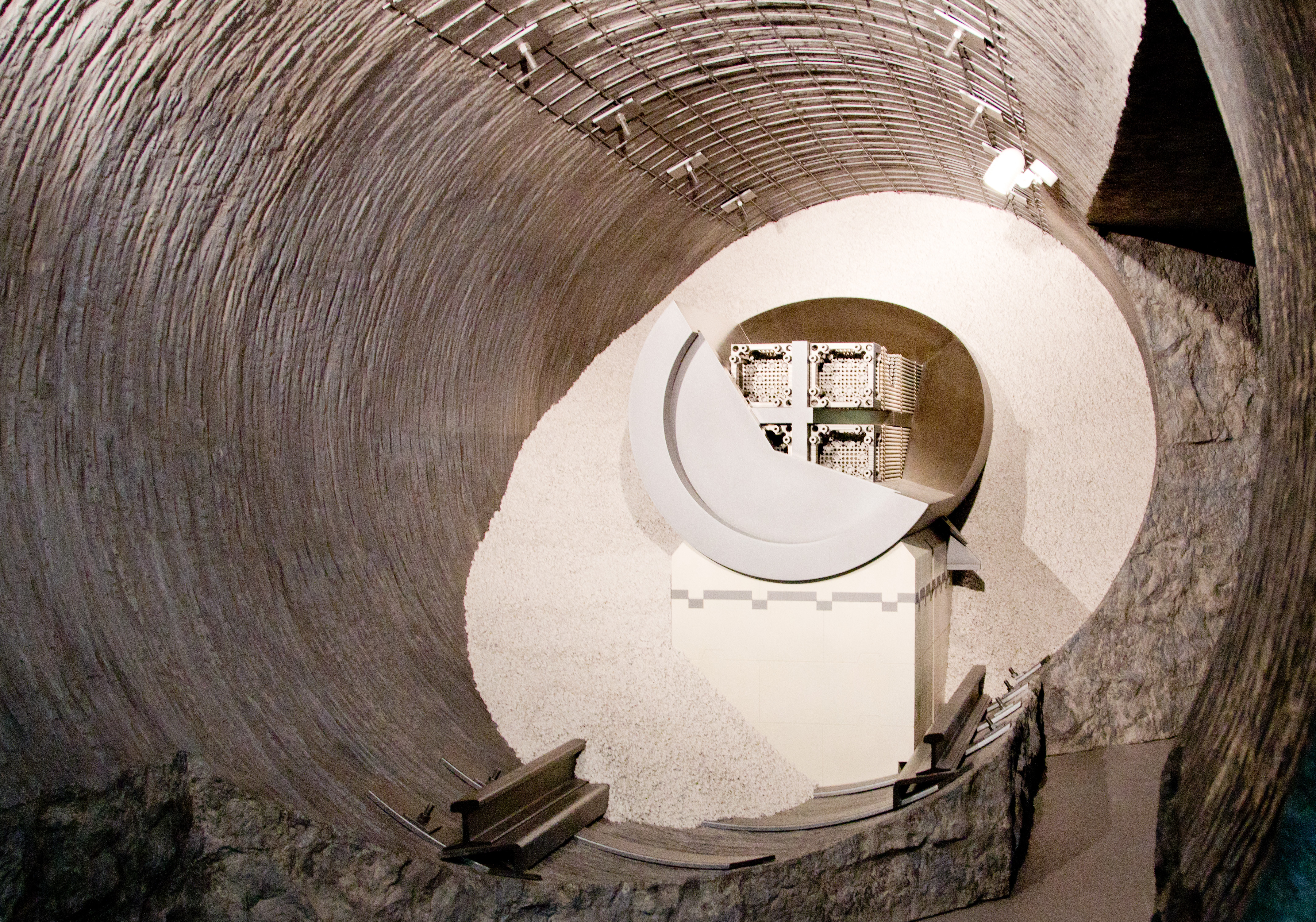
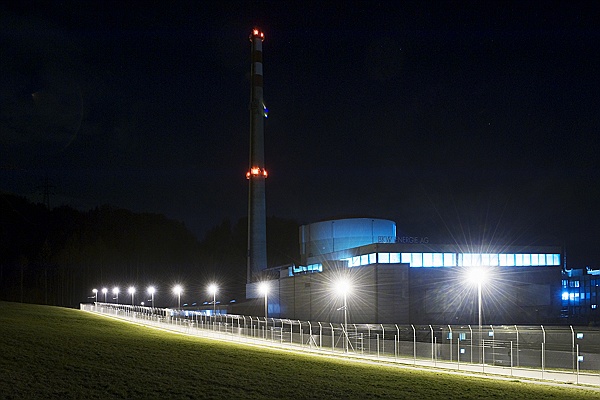
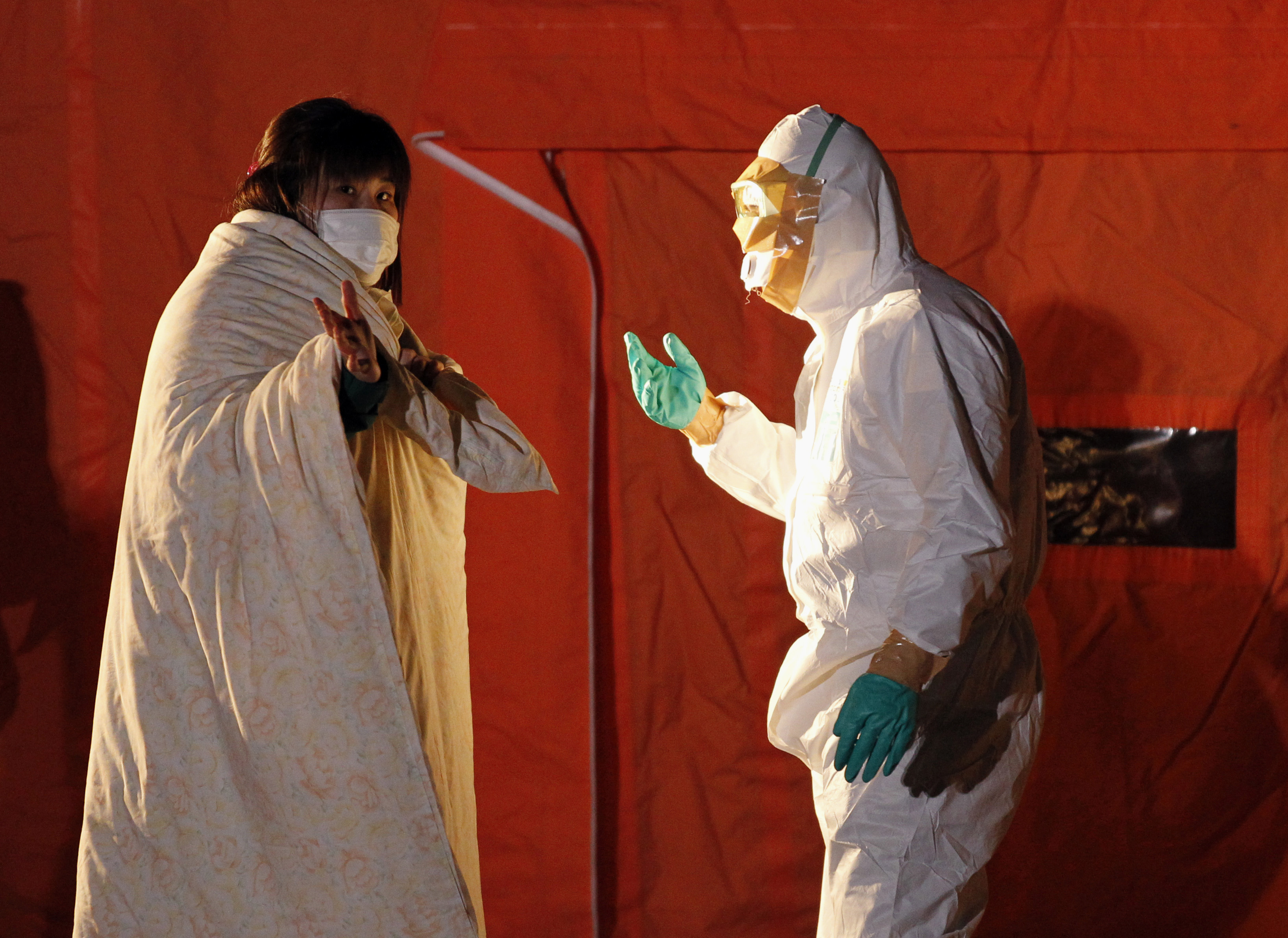
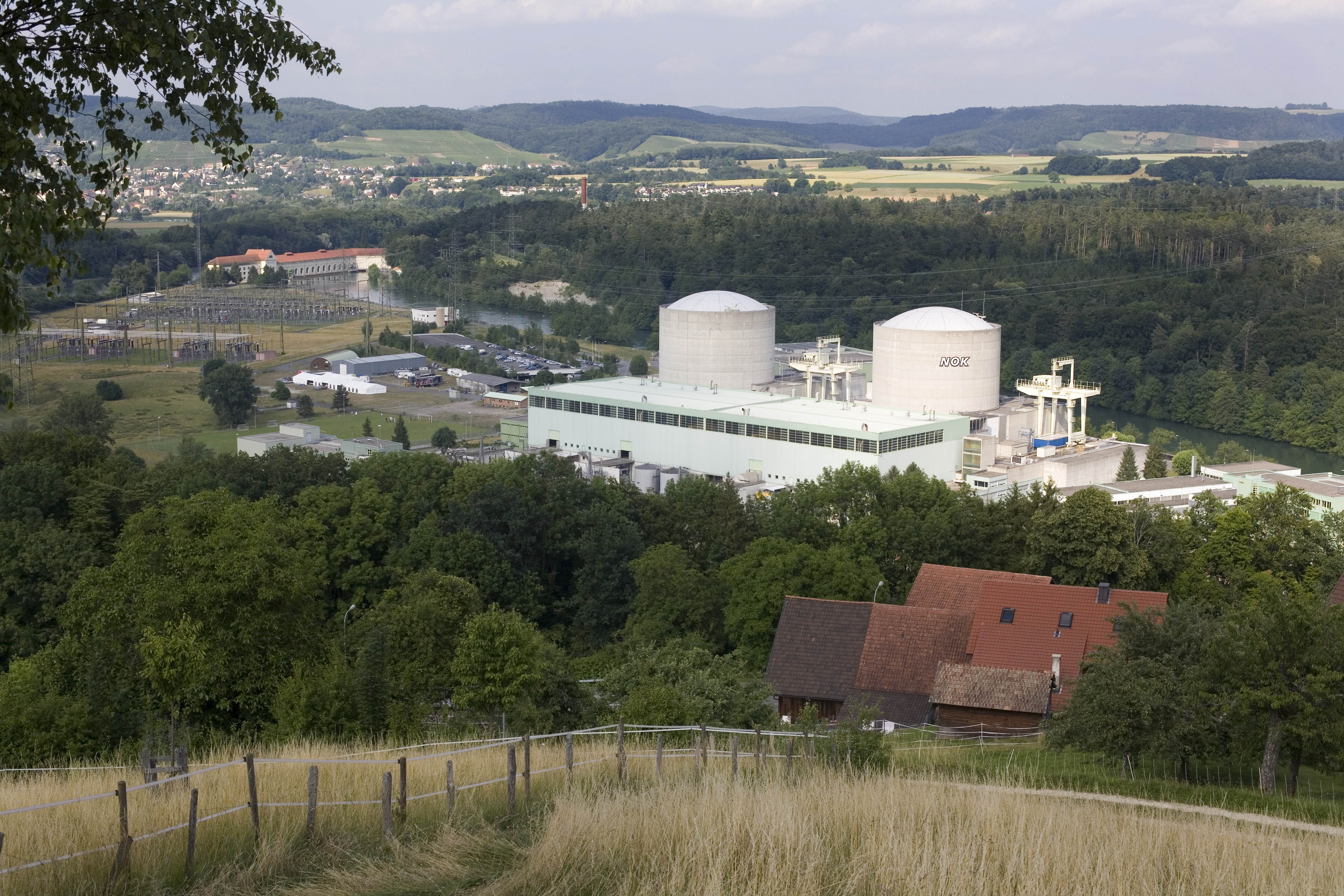
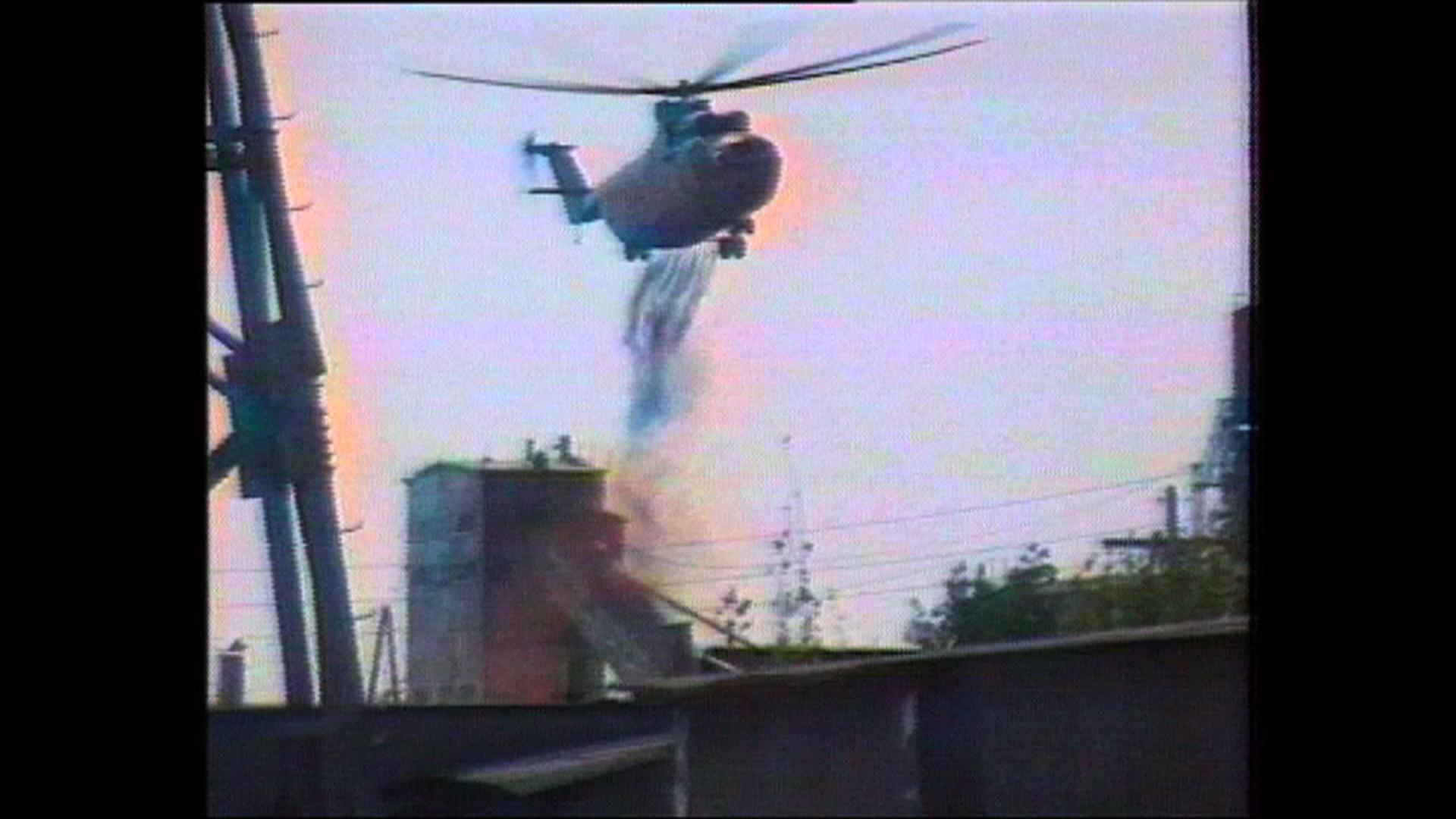
You can find an overview of ongoing debates with our journalists here. Please join us!
If you want to start a conversation about a topic raised in this article or want to report factual errors, email us at english@swissinfo.ch.